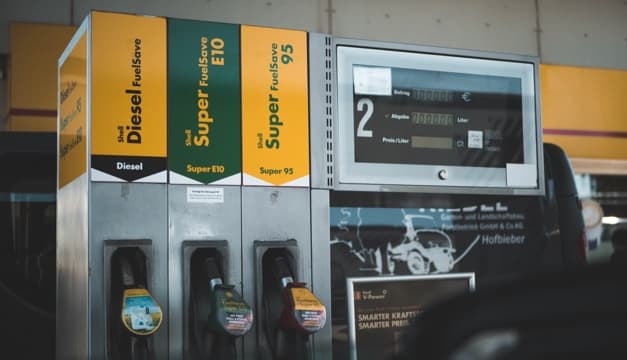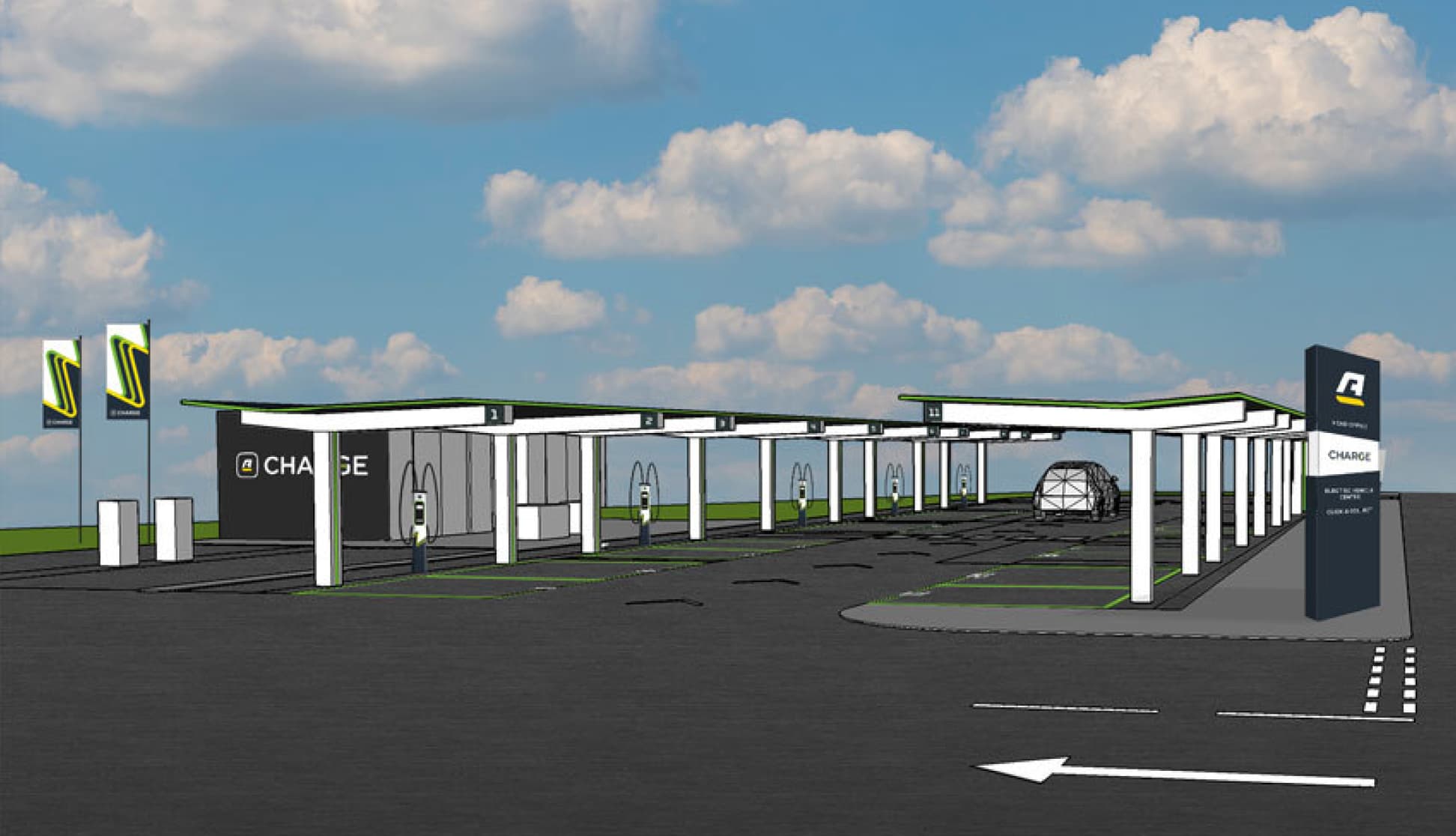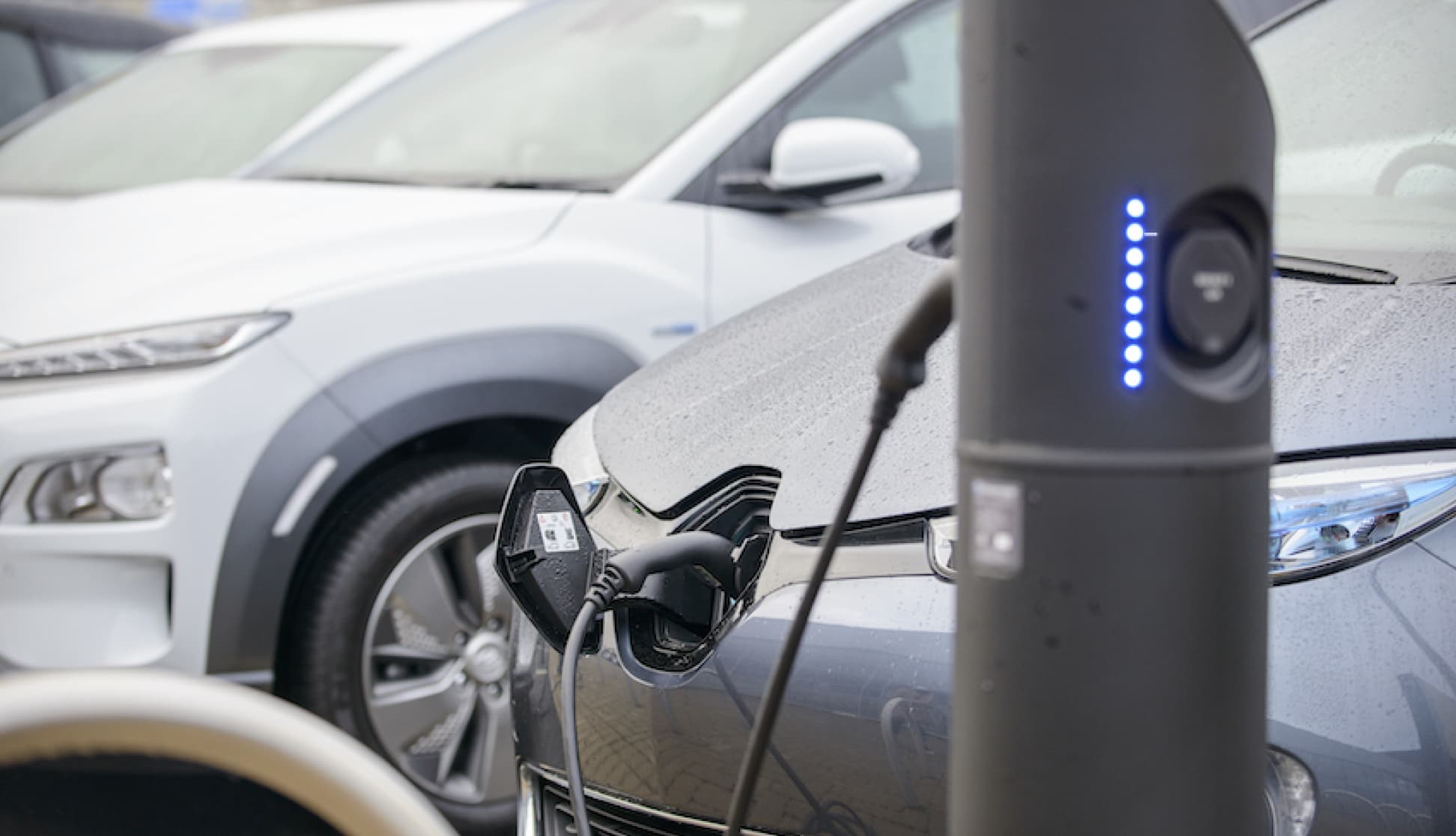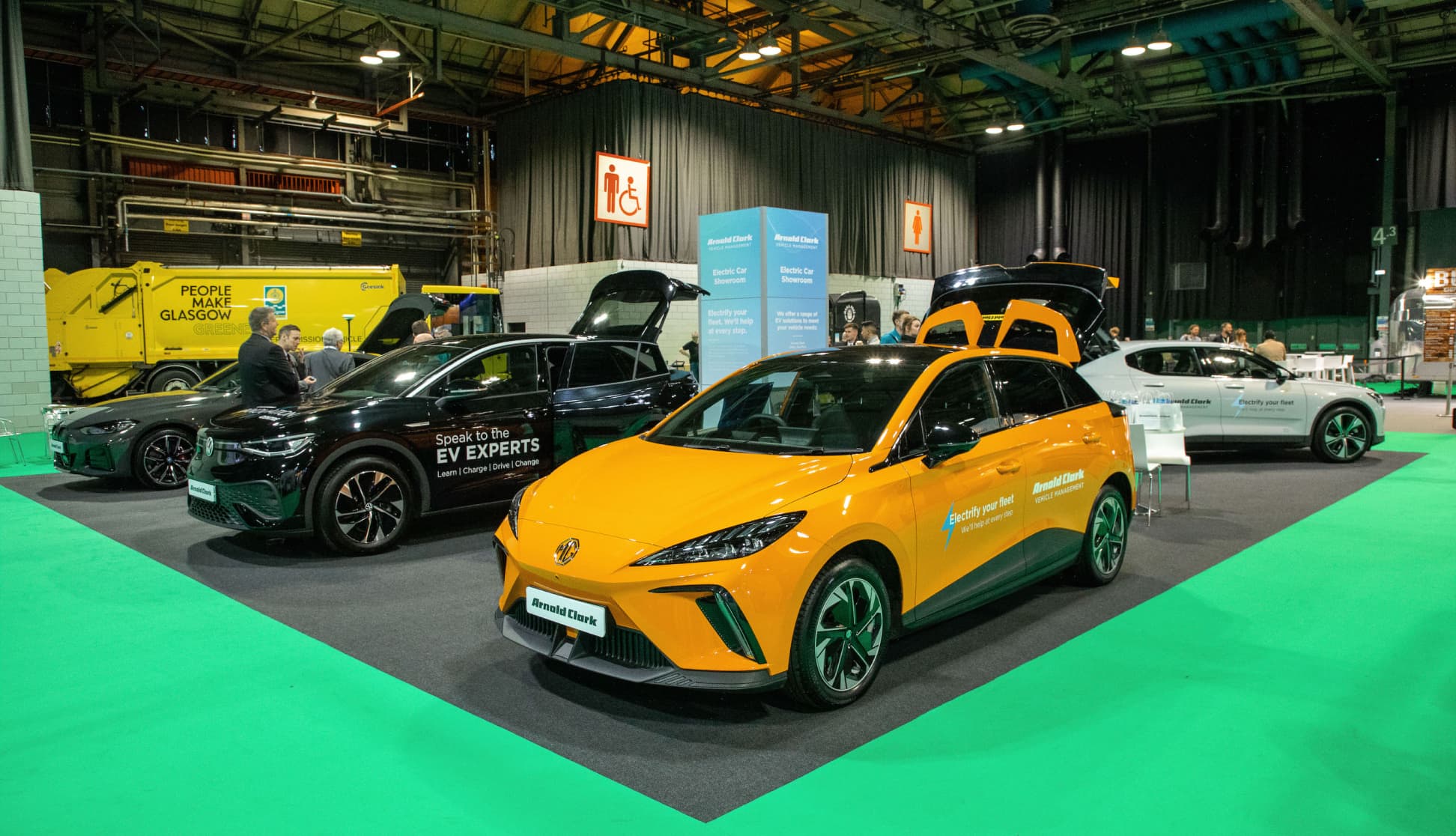What is premium fuel?
Premium fuel has a higher Research Octane Number (RON) than regular fuel. Octane is a chemical component found in fuel. High octane fuel works more effectively than lower rated fuels. Regular fuel usually has a RON of 95, whereas premium fuel usually has a RON ranging from 98-102.
Brands like Esso, Shell and BP all offer premium fuel, and many supermarket garages are now following suit.
How much does premium fuel cost?
Premium fuel usually costs around 10p a litre more than regular fuel. However, in some garages, it can be up to 30p more.
What are the benefits of using premium fuel?
Using fuel with a higher RON should lead to lower fuel consumption, as well as better engine protection and performance. It’s also said that premium fuel will protect against carbon deposits in the engine and prevent engine corrosion. However, these benefits will vary depending on the type of car you have, how you drive it and the kind of journeys you make.
If your car has a high-performance engine, premium fuel can increase the amount of horsepower and improve the engine’s overall performance. However, cars with smaller engines don’t need the same levels of engine pressure and won’t benefit from the higher RON in premium fuel.
What type of car needs premium fuel?
While many manufacturers recommend that you use premium fuel, there are very few models that actually need it. Petrol engines with high compression ratios need to be fuelled with premium unleaded to run properly. There are currently no diesel cars on the market that require premium fuel.
You’ll know if your engine requires premium fuel by checking the label on inside of your car’s fuel flap.
Test for yourself
Unless your car actually needs premium fuel to run properly, the only way of knowing if you’ll benefit from paying more at the pumps is by trying it out. Refuel with premium petrol or diesel over a couple of months to see if you notice any improvements in fuel economy.
That said, there’s no way to measure this with 100% accuracy, so you’ll need to decide whether you’re willing to pay more even if you might never know whether your car is benefitting from it.



